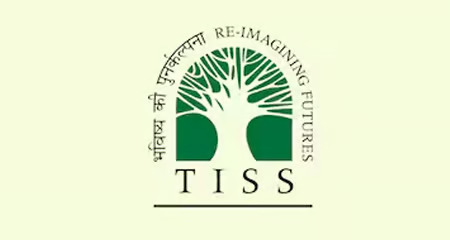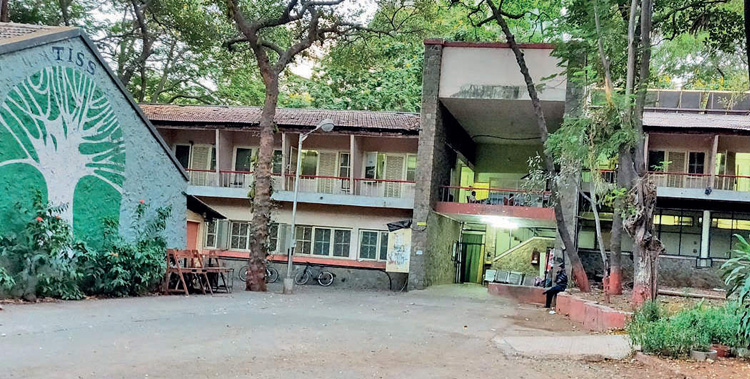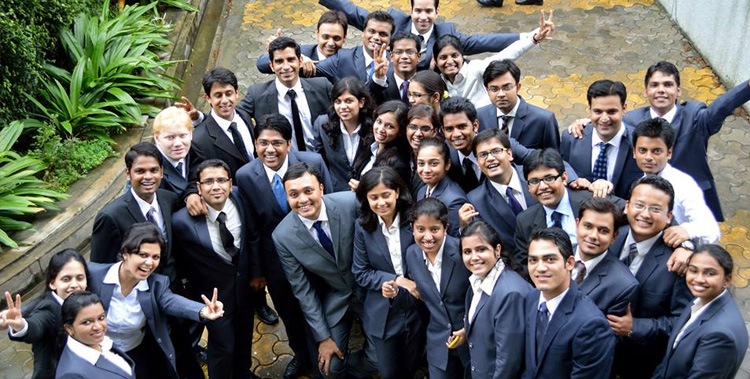TISS MA ODCL program curriculum is spread over 2 years. TISS MA ODCL programme transforms students, both personally and professionally. Students gain a deeper understanding of themselves and behavioural sciences, organisation strategy, operations and the interplay of systems and people processes. Those passionate about making a difference through OD should consider applying to our MA in Organisation Development, Change and Leadership.
The learning methods in the programme include lectures, case discussions, simulations, role-plays, fieldwork, internships, service learning, and facilitated human interaction processes. Students engage in experiential learning opportunities and reflective spaces and interact with experienced professionals, faculty and alums. In this manner, students better understand their challenges and those of organisations in various contexts involving change. One of the differentiators of this program is the opportunity for students to immerse in a real-world consulting project that intends to take them through a complete OD cycle.
During TISS MA in ODCL, students learn how to appreciate and proceed with the process of OD-intensive organisational change, including:
Understanding ‘organisation’ as an open system to infer organisational purpose and design linkages.
Diagnosing issues, causes, and designing approaches to enable internal renewal of capabilities of client organisations.
Evaluating and presenting options, developing interventions with clients and delivering them as change facilitators for sustainable change.
Exhibiting leadership and innovation for organisational change processes to enable organisational effectiveness.
Changes to the structure, culture, strategy, and processes of an entire organisation, including the impact on individual jobs and roles.
The application of behavioural science knowledge and practice to facilitate performance or internal transformation within an organisation.
The improvement of organisational effectiveness by involving members of the organisation in understanding the challenge whilst enabling in them new skills, knowledge and ways of thinking and doing tasks in service of the organisation’s purpose and strategy.
The promotion of high productivity, performance, quality products, financial performance and continuous improvement.
The facilitation of change in a flexible, adaptive and humanistic, participative way.
Sustainability, so consistent change in the right direction, continues beyond the life of the initial change initiative.




